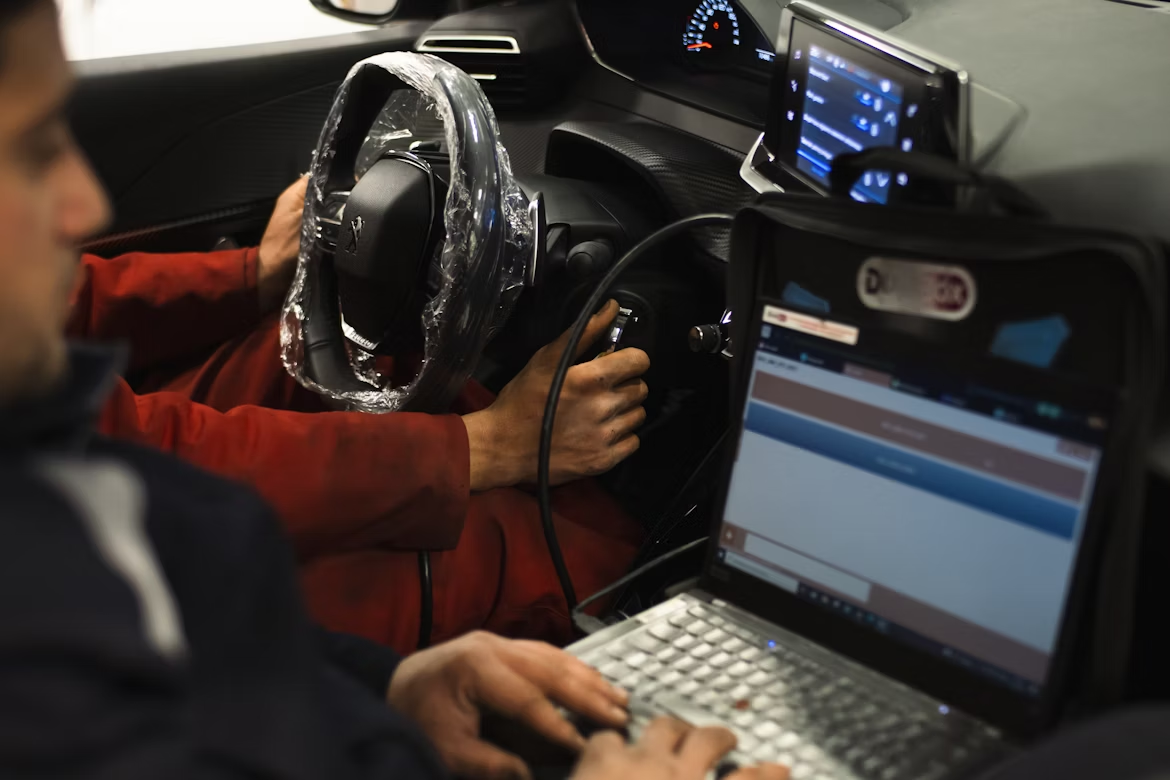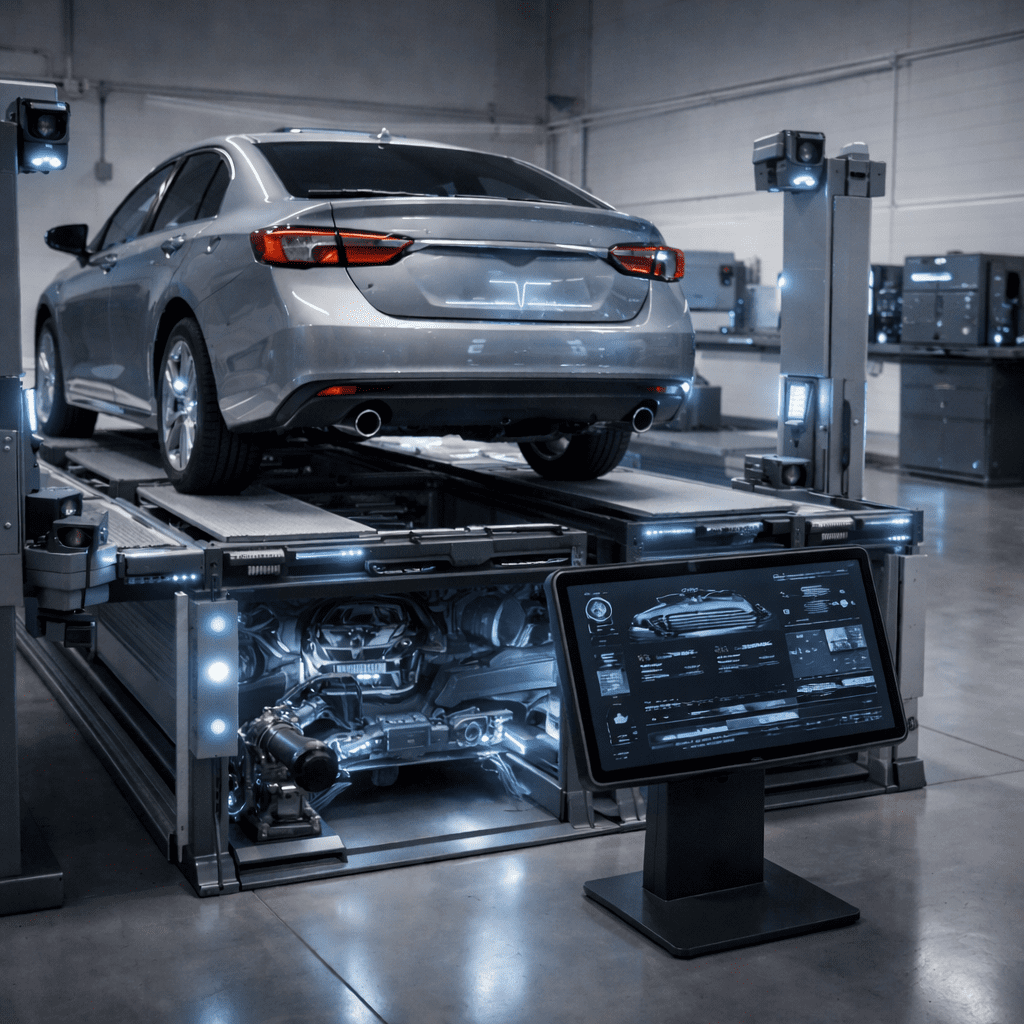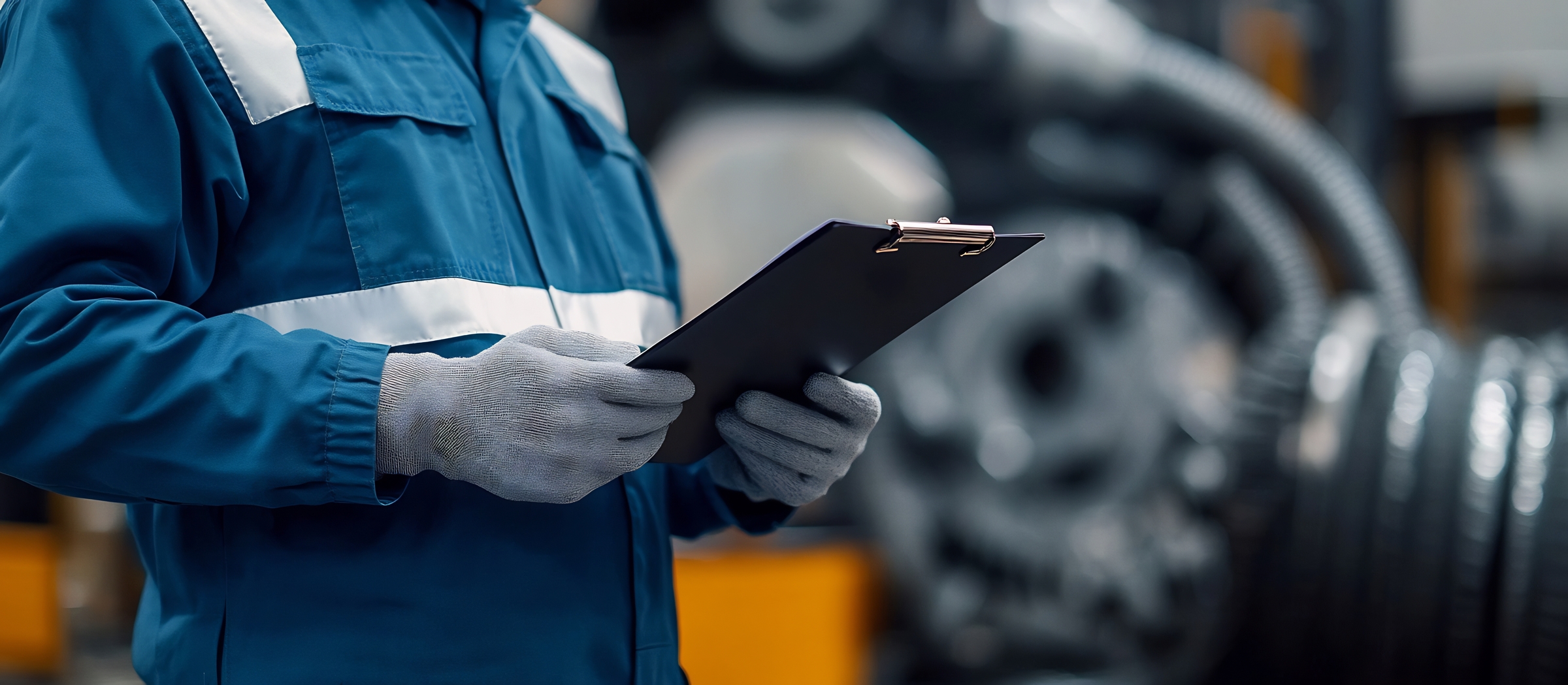Every vehicle owner wants to feel confident that their car is safe and ready for the road. The PA state inspection process is designed to ensure that all vehicles meet established safety and emissions standards, thereby keeping everyone protected. When searching for reliable Philadelphia, PA auto repair understanding how this annual requirement works can save you time and give you peace of mind.
It is essential to know what to expect so you can prepare your vehicle and avoid surprises. At some point each year, you will need to take your car to a certified inspection station. Schafer’s Auto Center is committed to ensuring drivers maintain both compliance and safety through trustworthy automotive service. Approaching inspection season with the proper knowledge can make all the difference.
Why PA State Inspections Matter
State inspections are required by law to help reduce accidents and address pollution issues. By having your car regularly inspected, you are doing your part to keep the roads secure for everyone. Inspectors look for problems that may not be apparent during everyday driving but could pose a danger. Taking care of minor issues before they become bigger problems is equally beneficial for your wallet and your family’s well-being. This process helps maintain cleaner air and streets by ensuring that vehicles that fail emission checks are properly repaired.
What the Technician Checks
During the process, certified technicians examine a range of critical systems. They review everything from your brakes and tires to lights and seat belts. Suspension, steering, exhaust, and windshield wipers are also key parts of the inspection. Even minor items, such as a cracked mirror or worn-out wipers, can mean the difference between passing or failing. All findings are clearly communicated so you know exactly what needs attention and why. By thoroughly evaluating these components, technicians can make certain your car is safe to drive.
Emissions Testing Explained
For many people, emissions testing can sound complicated, but it is straightforward. The aim is to verify that your car is not emitting excessive pollutants into the air. The age and model of your vehicle determine the type of tests required. Most newer cars go through an onboard diagnostic check, while older models may require tailpipe tests. Keeping up with routine maintenance, such as timely oil changes and regular air filter replacements, helps improve your chances of passing. The proper care leads to a smoother inspection and greater environmental protection.
How to Prepare for Your Inspection
Preparation begins with a quick self-check of basic functions. Ensure all lights are functioning correctly, tires are not excessively worn, brakes feel responsive, and there is no fluid leakage under the vehicle. Listen for unusual noises from the exhaust or undercarriage. Review your registration and insurance, as having current documents is necessary upon arrival at the shop. Scheduling well before your sticker’s expiration date helps you avoid last-minute stress and gives ample time to address any unexpected issues.
What Failing Means and What To Do Next
If your vehicle fails the inspection, you will receive a report outlining the specific issues. These must be fixed before a new inspection sticker is issued. Sometimes, it is something simple, like a burnt-out bulb or worn tires. When more significant repairs are needed, your technician will walk you through your options and help you make a plan. Prompt attention to these items ensures you remain legally compliant while allowing you and others to stay on the road without unnecessary delay.
Keeping up with required inspections is a vital part of responsible car ownership, as it helps you avoid penalty fees and unsafe driving conditions. For expert guidance and support during your annual review, you can always count on Schafer’s Auto Center. If you need proven help on any aspect of your Philadelphia, PA auto repair, give us a call for straightforward answers or to schedule your state inspection at a time that fits your busy schedule.




